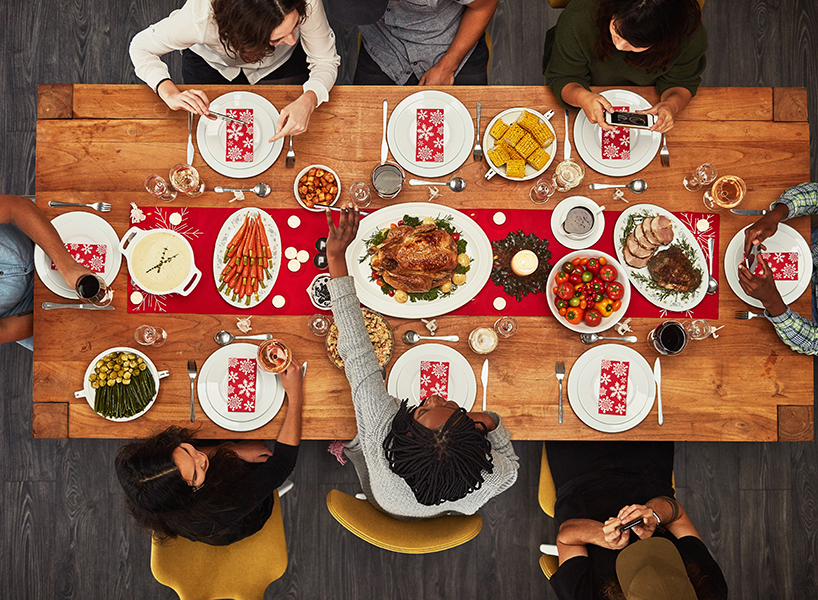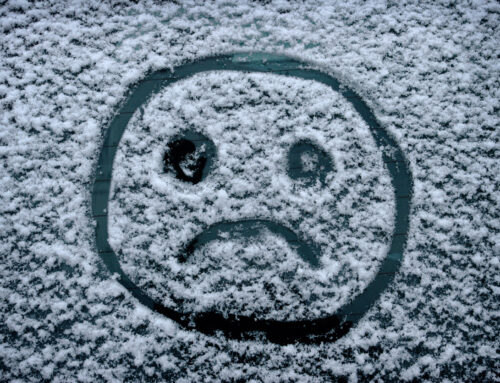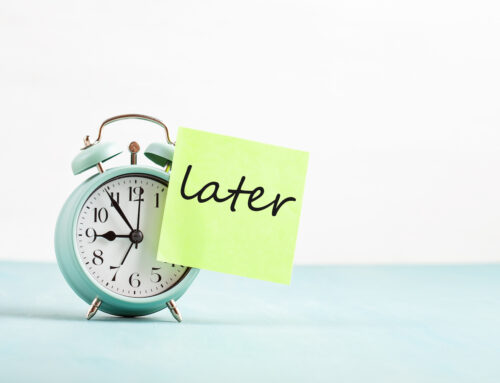The holiday season is gearing up, and you might be really excited: Turkey recipes are being pulled out of dusty drawers; twinkle lights are being strung up. Holiday cheer is near!
But maybe, the season is just bringing you stress and anxiety: Travel plans have to be made; gifts have to be chosen. Remember the old days, when you had to sit around a dinner table and talk politics with people you didn’t agree with?
More likely than not, it’s a mix of both feelings. If you are feeling some worry or sadness about the ‘most wonderful time of the year,’ know you’re not alone. The holidays are a notoriously stressful time: An American Psychological Association survey found that nearly half of all women, and around a third of men, reported increased stress during the season.
Here are some reasons why this seasonal stress occurs, and some strategies to help cope:
Managing holiday responsibilities
Our lives are already busy, and the holidays add a whole seasonal slate of tasks to that list. There’s sending out and receiving invitations and RSVPs. There’s cooking and cleaning to prepare for guests, not to mention entertaining them when they arrive. There’s shopping for extra groceries and picking out unique gifts — and paying for them.
This seasonal rush happens on top of existing work, family, and life stressors, so this additional time and financial burden may be weighing on you. But remember: Burnout doesn’t stop just because it’s the holidays — neither should your self-care.
Pace yourself this holiday season. You can say no to extra responsibilities, or an extra invitation. Set a budget ahead of time, and try planning out your calendar of tasks and events to avoid any surprises.
Holidays can come with high expectations. Lower them.
Snowy Christmas movies and commercials show that the holidays are perfect, so shouldn’t mine be?
Of course not! Drop the idea that the festive season must be picture perfect — that guests have to be at their happiest, that the family must always get along.
Let’s be realistic. The entire season is intentionally hyped. The hyper-commercialism of winter holidays increases the pressure to buy gifts, cards and spend money — that’s the point of these ads! Don’t let them skew your perceptions of what these weeks should be for you.
Even though Thanksgiving and Christmas are rolling up like normal, don’t forget that this is not a normal year. We’re still in a pandemic, so no need to fall for any cultural pressure.
Seeing family for the first time in a while?
If seeing lots of family members at a gathering wasn’t already stressful enough, try seeing them all again for the first time in months. We’re entering our 20th month of the pandemic, so you’re possibly in that boat.
Between fears of the coronavirus safety, worries about dinner-table political sparring, you may think there’s a lot that can go wrong.
Plan ahead and try to get rid of uncertainties about who you’re seeing and when. The Centers for Disease Control and Prevention has published a list of safer ways to celebrate the holidays during the pandemic.
For worries about family conversations going awry, realize that you won’t be able to solve every issue at the table. Conflict won’t magically disappear just because it’s Thanksgiving Day. Though you may not agree on everything, try to focus on shared connections and understand that over a shared meal may not be the perfect time to discuss the world’s most contentious issues. And remember that those family members you’re sparring with are stressed too.
And when you’re amidst the rush of seeing many loved ones at once, find time for a personal breather, if you need it.
Spending the holidays alone?
Holidays, generally, can bring feelings of loneliness, even outside the pandemic. At a time when we think we’re meant to be joyfully surrounded by loved ones, maybe you can’t be with family. Maybe you’re mourning the loss of a loved one. Maybe you’re feeling emotional distance from those in the room with you. In regards to these feelings, know you’re not alone.
The feelings of absence can be intensified as holiday dates draw near. If you’re spending them alone, or feel a pronounced sense of loneliness, try to create space, even virtually, with those you care about. Perhaps they’re feeling the same way. Try not to compare your holidays with those of others.
Especially with the pandemic, this year was one of deep loss for many. The holidays can magnify absence, which makes the season even more challenging. Allow yourself time to grieve, and expect for an array of emotions to crop up. Acknowledge that the holiday will be different, and adjust your traditions accordingly to what you feel you need — whether that’s breaking from or reimagining an old tradition, or creating a new ritual or memorial this year.
The new year is near. Take some time to reflect.
The turn of a new year may be causing you to look back on 2021. Inevitably, some good things happened, some bad. This year might have been one of celebration, of loss, of missed opportunities, of good fortune. It’s probably a mix of all of those.
Though it’s normal to dwell on what could have been, don’t forget to take time to think of all of the year’s positives. Try listing out the things you are grateful for, on your own or with loved ones. Create a list of attainable resolutions for the year ahead. The new year is filled with hope and optimism, and you should take steps toward making 2022 yours.
These feelings of stress, sadness and anxiety fall on a spectrum for everyone. Georgetown Psychology can help you think through and tackle these challenges, whether big or small, through an array of different services, including online and in-person therapy.






